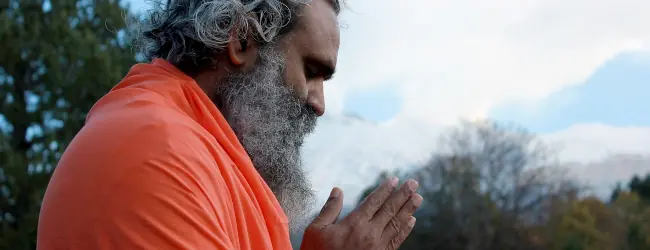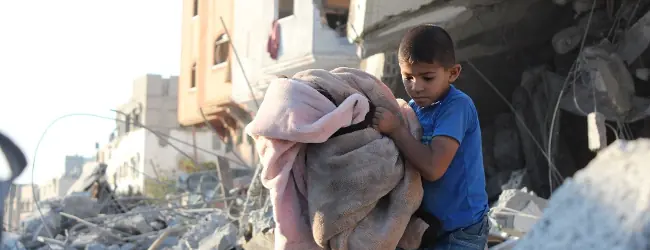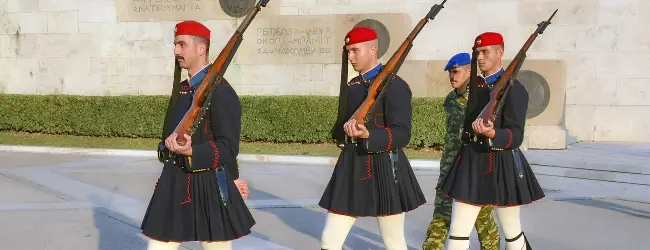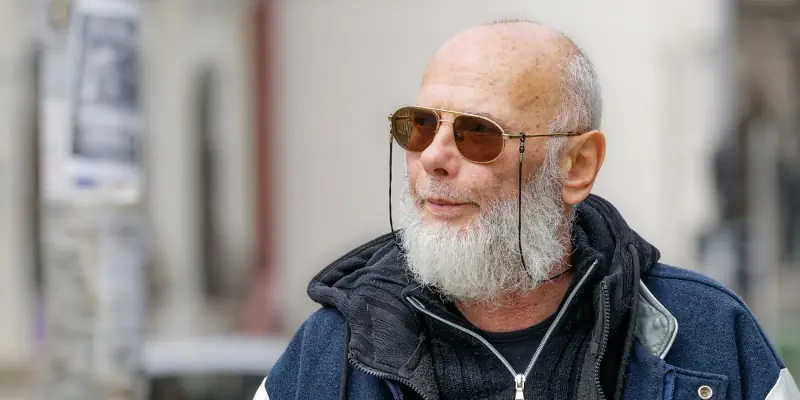Several days ago, one of this blog’s readers asked me about empathy. Her empathetic nature often exhausted her, so she requested a way to deal with it. Today, I will answer it.
How to deal with a highly empathic nature
Sometimes, we have trouble with our empathic natures, especially if we are highly empathic people. We often empathize with others’ sadness or anger but cannot help or solve their problems.
That exhausts us because we often keep holding those emotions, no matter how we try to forget them. We repeat that emotion for the long term, even if it happened to someone else in the distant past. Empathic nature sometimes causes those mental problems.

A question about high empathy
The person who asked me several days ago also had such trouble. She was a painter. These years, many people began to use pictures drawn by AI instead of ordering from artists. That made the artists around her upset. They began to claim intensely their sadness or anger at declining their jobs. You may have heard those claims in some news or SNS, too.
Those emotions exhausted her because she has a highly empathic nature. Although she never looked at SNS, news, or TV, she could not let go of those others’ emotions.

However, on the other hand, empathy sometimes gives us great experiences or emotions, such as gratitude or kindness toward weak people. If we can, we want to have only the great side.
What makes the difference between exhaustion and feeling gratitude? Today, I will explain how to distinguish them. This wisdom might help those with higher empathy live less exhausted and have more mental energy.
The distinction that makes empathic people fulfilled
If we are exhausted by our empathy, the following distinction might help:
- The emotions caused by social conflict make us exhausted. They are trying to change others to acquire their gains by insisting. They are not weak people. They are never thankful, no matter how we help them, so we don’t have to help them.
- The emotions caused by the misfortune of others give us energy and gratitude. They never insist and try to change others. They are weak people. No one helps them, and they also cannot help themselves. If we give a hand to them, they will be thankful for us, and we will feel happy.

Let me explain the logic below.
The social conflict exhausts us
Our empathy is for the sake of helping weak people. It is not for social conflict or winning. If we try to help people in social conflicts, we are never fulfilled, no matter how we support them.
For example, assume the situation of a war. People kill each other with their weapons to secure their gains.

In such a situation, we will be exhausted, no matter which side we empathize with, because we expect that our support will also create other weak people. It is the same even if we don’t kill or hurt others directly. When we are involved in making new weak people, we will be exhausted.
Lies about pretending to be the victims
From another perspective, they express sadness or anger to change others by insisting they are victims. They insist, “You should change! I won’t change because I am the victim.” That is one of the lies to justify themselves. That kind of insistency makes us tired.
In addition, they are never thankful for our help, no matter how we help them, because they try to make more gains. Even if they are grateful to us, it will be superficial and end in the short term. After they win, they will become more greedy and attempt to change others by pretending to be victims again.

The above case of AI is the same as that. No matter which side we help, we know that will create other weak people expressing sadness or anger. They are battling each other.
In this case, our empathy exhausts us. In other words, we wrongly use it for inappropriate people. They are not weak people.
The misfortune of weak people gives us mental energy
On the other hand, empathy gives us mental energy when we use it appropriately. In the war example, some people lose their valuable, irreplaceable things, such as living places, houses filled with love, the lives of families or friends, a way to live, or their hopes for the future.
When we empathize with them, we will have mental energy. People cannot blame anyone in the case of misfortune for themselves, so they never insist and try to change others. They also know there is no alternative to their loss. In addition, many people don’t want to help them because they cannot give back any physical rewards. In other words, they are weak people.
They are not worth it for many people to help, but we can receive enough mental rewards if we have empathic natures. They will be sincerely grateful for our help. The gratitude sometimes lasts for a long time. That makes us feel mentally fulfilled.

Even if we cannot help them directly, we can be mentally fulfilled because we can be grateful for our fortune.
For example, children in a war zone or poor area cannot have houses or enough food, no matter how they struggle. The difference between them and us is just where we were born. That is beyond our efforts. When we realize that, that makes us feel grateful for our fortunes.
Tips to distinguish
One way to distinguish between a social conflict and a misfortune is to see whether there are replacements for us.
In the case of AI, we have an order from the customer. If there is another painter to take on the order, it will be a social conflict. It means we are battling to gain more market share.
On the other hand, if no other painter can do it, our absence will be a misfortune for the customer. That kind of work will fulfill us mentally.

In the war example, it will be a social conflict if another organization wants to help weak people instead of us. On the other hand, if no one except us helps them, our absence will be a misfortune for them.
In other words, try finding work no one wants to do instead of trying to do what many people want. To do that, try seeing the whole picture of communities distantly. Social trends are a partial thing. There are weak people in other places.
Conclusion
Above is a way to distinguish between exhaustion and feeling gratitude.
If we want more energy, try avoiding social trends and finding work no one wants to do.
This wisdom might help those with higher empathy live less exhausted and have more mental energy.
Thank you for reading this article. I hope to see you in the next one.


